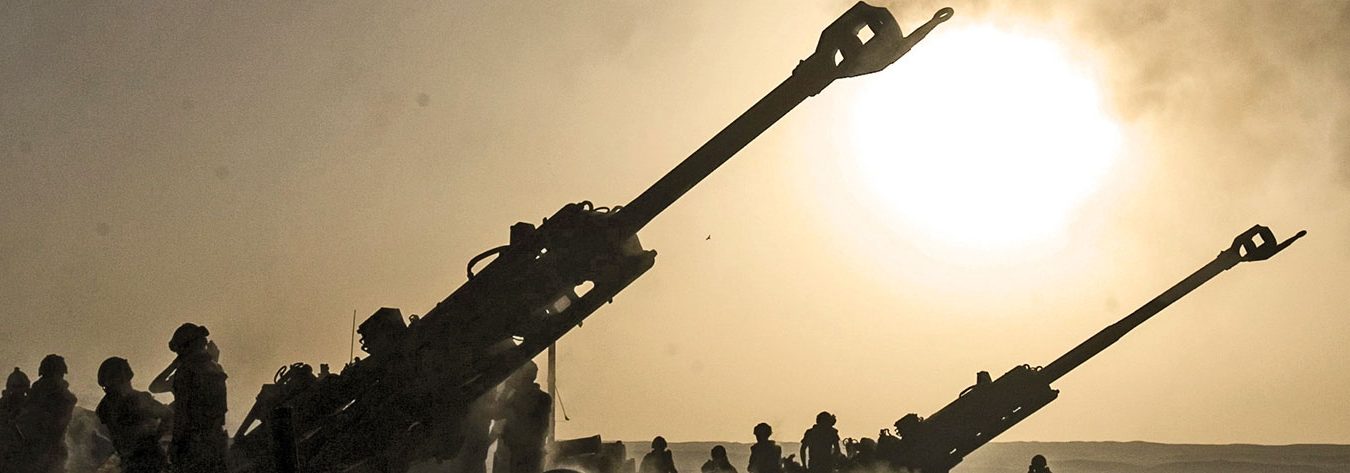As the UK looks to develop bilateral trade deals worldwide following Brexit, attention is focusing on just what that trade will be. Prime Minister Theresa May’s recent visit to the Middle East was a sharp reminder that arms are a prominent element.
As reported in the news magazine The Week, the Stockholm International Peace Research Institute records that the UK is the world’s sixth-biggest arms exporting nation, putting it behind the United States, Russia, China, France and Germany. In 2015, exports from the defence and security sector totalled some £12bn, a sizeable share of the estimated £500bn export total. Contributing firms range from major names such as BAE Systems Ltd. and Rolls-Royce plc (which makes engines for military aircraft rather than for automobiles), to small businesses scattered throughout the UK.
London is very supportive of this sector. There is even a dedicated section of the Department for International Trade (DIT) called the Defence and Security Organisation (DSO), staffed by experts in London and in embassies around the world. The DSO is also involved in organising the world’s largest arms fair, which this year will be held in London in September. The DIT points out that the arms industry directly sustains more than 200,000 jobs, many in the high-tech sector.
And what of the customers? The United States is a major market, and so is the Middle East. The Week reports that about two-thirds of exports have gone to the region, with Saudi Arabia accounting for more than half the sales. These include fighter jets, worth £1.7bn; missiles (£990mn); and bombs (£62mn). Given that there is suspicion that some of the hardware has been used in the Yemen civil war, the pressure group Campaign Against Arms Trade has launched a civil review that is aiming to halt UK arms sales to the country.
This raises the question of whether it is possible to have an ethical arms export industry. The UK government claims that its list of legal criteria for arms exports is “one of the most robust” in the world. Exports cannot be made to nations that deny United Nations or European Union embargoes. There are also rules against exports to those that support terrorism or organised crime.
But it is a fine line, and it is uncertain when arms might be re-exported to undesirable locations. There have been times when the UK has revoked export licences, for example after the Arab Spring when it appeared British weapons, ammunition and other equipment had been used against civilian protesters. But even then, it is reported the sale of unrelated military equipment continued.
For some time now, Japan and the UK have worked towards closer defence and security co-operation. Last year, for example, Royal Air Force fighters took part in joint exercises with the Japan Air Self-Defense Force, while BAE Systems (the former British Aerospace) is rumoured to be in discussions with Mitsubishi Heavy Industries, Ltd. over the joint development of a fighter jet.
Post-Brexit and given Japan’s more relaxed approach to defence-related sales, we can perhaps look forward to closer negotiations and an ever closer relationship between the two nations.







